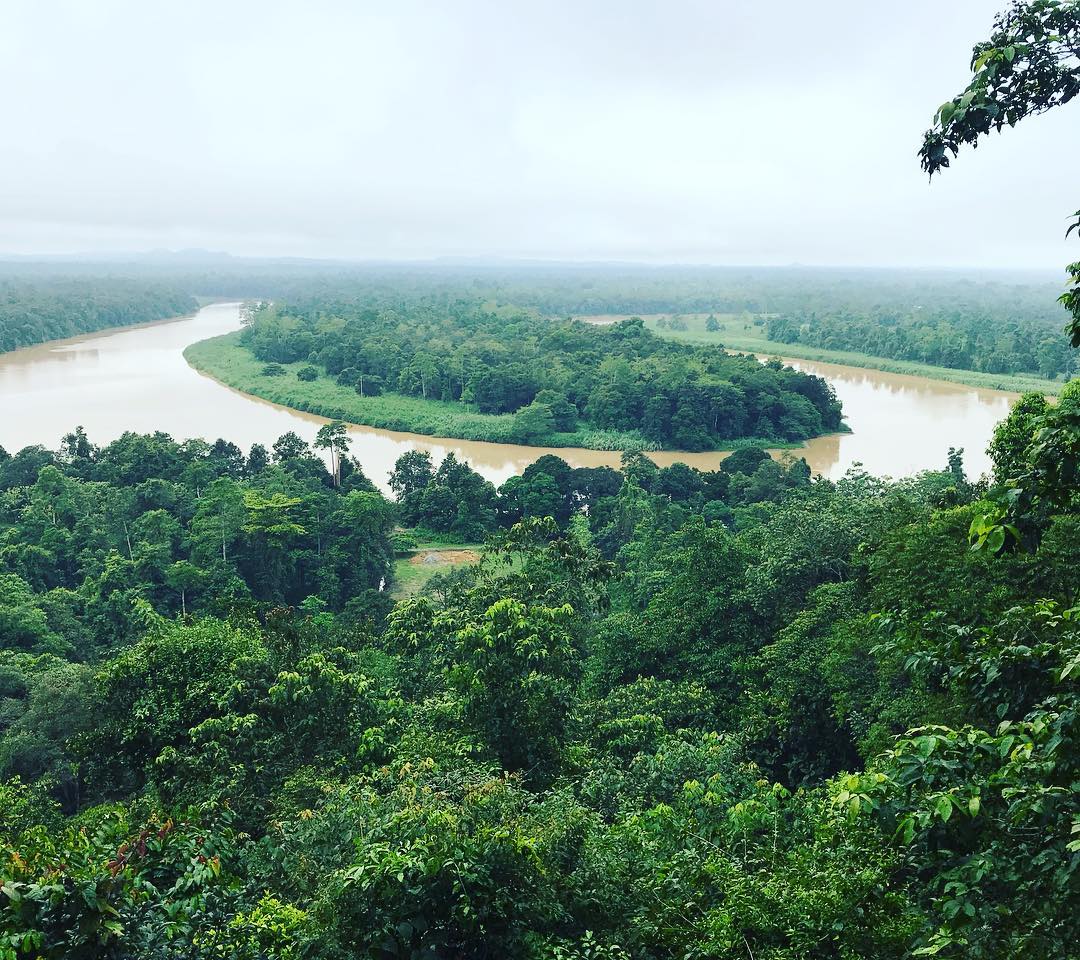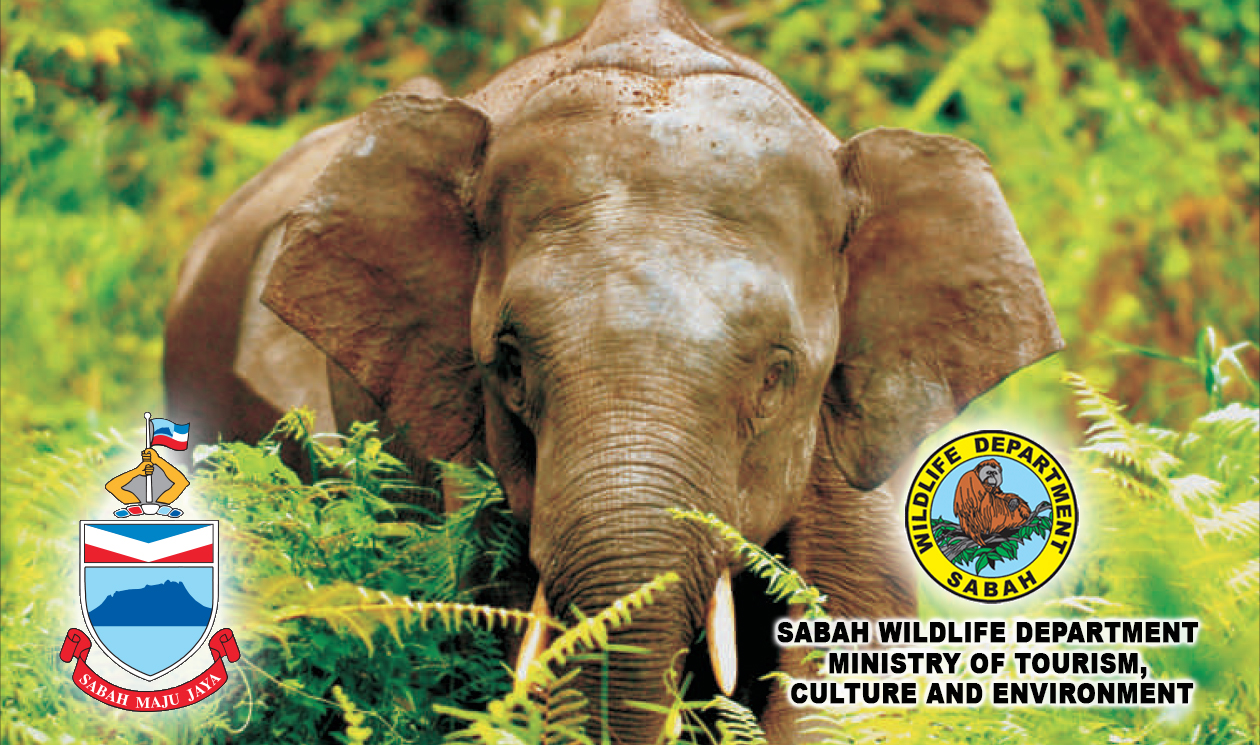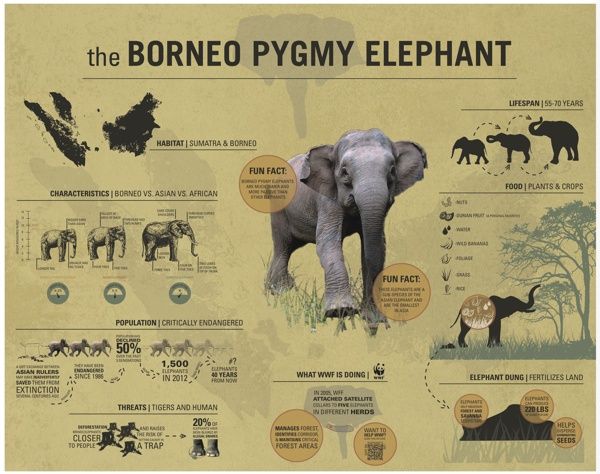Borneo is the 3rd largest Island in the world and is located in South East Asia situated between Thailand and the Philippines. It is divided into 3 countries: Malaysia, Brunei and Indonesia.
The Bornean rainforests are estimated to be around 140 million years old, more than twice the age of the Amazon rainforest. This eco-rich habitat is considered to be the most biologically diverse place on earth, with rainforests so dense that to this date scientists continue to discover new species every year.
These lush rainforests are the richest land habitats for biodiversity, harboring:
- A vibrant habitat to over 18,000 plant and tree species
- The world’s largest flowers and tallest trees
- 50 carnivorous pitcher plants
- 222 different mammal species
- 420 birds
- 138 amphibians
- Indigenous tribes who have inhabited Borneo’s forests for thousands of years








